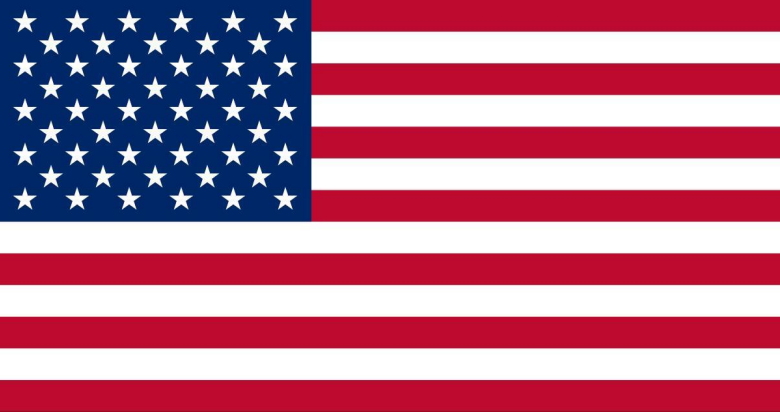The Trump administration is reportedly exploring the possibility of acquiring ownership stakes in major American U.S. defence industry stakes firms, including Lockheed Martin, Boeing, and Palantir Technologies. This move underscores Washington’s growing interest in securing critical industrial sectors amid intensifying geopolitical and economic challenges.
A Strategic Shift in Defence Policy
The consideration of partial ownership in top defence companies signals a notable shift in U.S. industrial policy. For decades, the American defence sector has largely operated under private control with government contracts driving revenue streams. However, rising global security risks, heightened competition from China, and technological shifts in warfare are reshaping the government’s approach to safeguarding strategic assets.
This development aligns with recent federal interventions in industries deemed vital to national security. Earlier actions included acquiring stakes in Intel to support semiconductor resilience and in U.S. defence industry stakes Steel to maintain control over domestic steel production. Extending this policy to aerospace and defence reflects an effort to ensure the long-term strength and independence of America’s military-industrial complex.
Defence Firms Under the Spotlight
If implemented, the U.S. defence industry stakes government’s potential stake acquisitions would target three of the country’s most influential defence players:
- Lockheed Martin: The largest defence contractor in the world, responsible for the F-35 fighter jet, missile defence systems, and advanced space technologies.
- Boeing: A key aerospace and defence manufacturer, producing military aircraft, satellites, and serving as a cornerstone of U.S. defence industry stakes exports.
- Palantir Technologies: A leader in artificial intelligence and data analytics, providing advanced software solutions for intelligence and battlefield operations.
Together, these companies represent the backbone of America’s military capabilities, ranging from hardware and aerospace systems to cutting-edge digital warfare tools.
Market Reaction and Investor Sentiment
News of the administration’s consideration immediately boosted investor confidence. Shares of Lockheed Martin, Boeing, and Palantir all saw upward momentum, with analysts pointing to the stabilizing effect of potential government support.
Markets generally interpret federal backing as a safety net, especially in times of uncertainty. If Washington were to secure partial ownership, it could translate into stronger long-term funding guarantees and resilience against market volatility for these firms.
However, some investors raised concerns about potential government overreach into corporate governance. Questions remain about how such stakes would influence company decision-making, profit distribution, and international contracts.
Motivations Behind the Move
The Trump administration’s interest in defence firm ownership comes at a time of heightened geopolitical instability:
- Global Rivalry with China and Russia – Both nations have been rapidly expanding their defence industries, often under direct state control. By securing stakes in its own firms, Washington could ensure the U.S. keeps pace in the global arms race.
- Supply Chain Security – The COVID-19 pandemic and recent trade tensions exposed vulnerabilities in critical supply chains. Owning stakes in key defence firms would allow the government to exert greater control over essential production lines.
- Economic Stability – Defence remains a major driver of U.S. exports and employment. Federal ownership could stabilize jobs and ensure that strategic projects, such as fighter jet programs or space initiatives, continue without disruption.
Broader Implications for the Defence Industry
If the plan moves forward, it could reshape the relationship between the U.S. government and private defence contractors. While Washington has always been the primary customer for these firms, ownership would mark a deeper integration of public and private interests.
Analysts suggest this could also influence how other allied nations manage their defence sectors. Countries such as the United Kingdom, France, and South Korea already maintain partial state ownership in critical industries. The U.S. adopting a similar strategy would align it more closely with these models.
At the same time, the move could face pushback from free-market advocates who argue that government intervention risks stifling innovation and competition. The balance between securing national interests and maintaining corporate independence will be a key debate moving forward.
Outlook for the Future
While no official confirmation has been made, the possibility of government stakes in Lockheed Martin, Boeing, and Palantir highlights the strategic importance of defence industries in the current global environment. As geopolitical pressures mount, Washington appears intent on ensuring that the U.S. defence sector remains unmatched in capability and security.
For investors, the development signals both opportunities and uncertainties. Federal involvement could bolster long-term stability, but it may also introduce new dynamics in corporate governance. For policymakers, the decision could mark a turning point in how America manages its most strategic industries.









